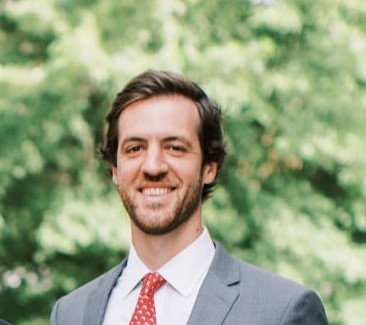
Name: Peter McStravick
Class Year: 2013
Title: Director – Global Digital Business, Partner Development
Organization Name: Sony Music Entertainment
1. In one sentence, what does your job entail?
In my role, we manage the global business relationship with music streaming companies and identify digital strategies to grow engagement with our labels’ content.
2. What planned and unplanned events connected you to your industry and your first employer after Holy Cross? How did you learn/decide it was a good fit for you?
I got my first job at a boutique marketing agency through the Liberal Arts Career Network (LACN). I really enjoyed that problem solving nature of marketing strategy but was more interested in music and film.
And it was through another HC alum that I was first connected to the music industry. The career office put us in touch my senior year and over time led to the introduction of several other music and tech folks. Networking really helped me get a grasp of some of the industry levers, key questions, and the necessary skill set to navigate the space. With the music streaming boom, analytics became an increasingly important piece so I focused on developing this during grad school and internships.
3. What were you involved in when you were on campus?
WCHC 88.1, Campus Ministry (i.e. retreats, Spring Break Immersion), The Crusader (student paper), Gateways Orientation, Battle of the Bands
4. What was your major and how did it affect your career decisions?
Music and Economics. Pretty straightforward!
5. What are one or two skills that you developed at Holy Cross that you use in your work?
It may sound simple but writing.
A lot of my work today involves communicating analytical insights to people with limited technical knowledge. I really learned to shape my voice writing countless papers at Holy Cross – even in technical courses in economics and music theory. I think this challenged me back then and helped me get my thoughts/points across more effectively.
6. What advice do you have for students on campus today?
Two things: Make sure you focus on developing macro skills that will make you successful regardless of where you end up – these will carry you through your career. And then separately, build a plan around acquiring specific skills you need for the avenues you’re specifically interested in.

